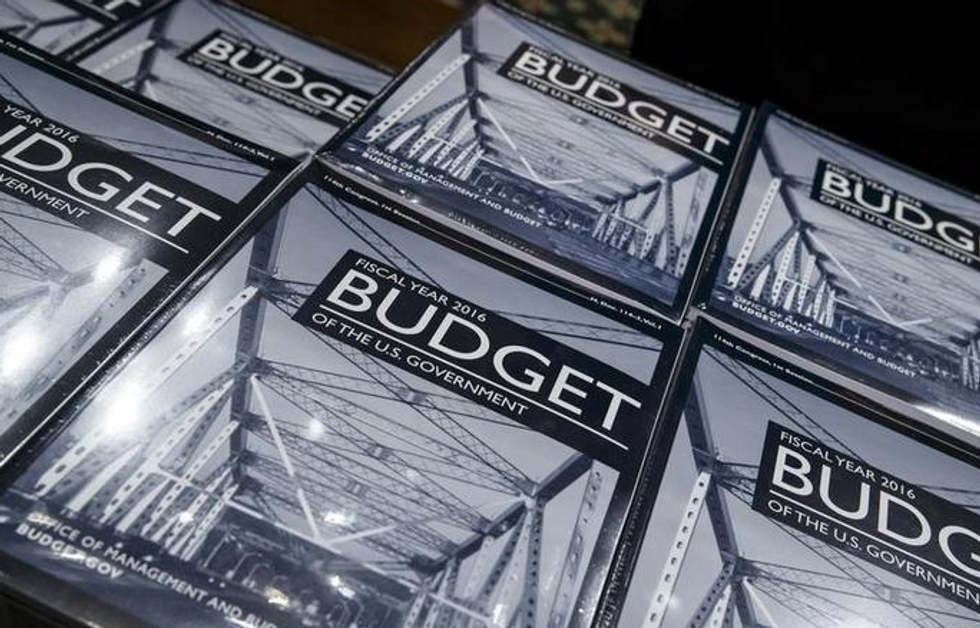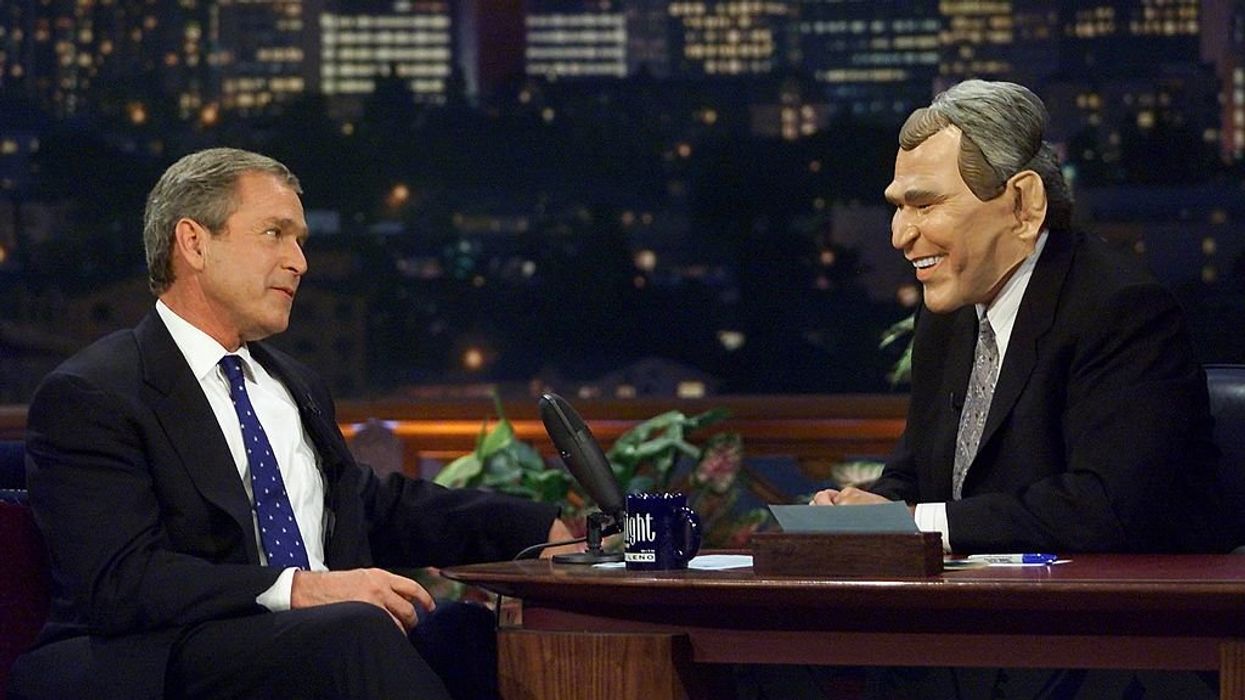
© 2024 Blaze Media LLC. All rights reserved.
Here's what a 'sustainable fiscal path' looks like to House Democrats
February 02, 2015
Rep. Chris Van Hollen (D-Md.), the top Democrat on the House Budget Committee, said Monday that President Barack Obama's 10-year budget plan would put the government on a "long-term sustainable fiscal path."
He was referring to a budget that would increase spending and increase taxes in order to fund a $6.2 trillion government in 2025. Obama's plan would add yearly budget deficits of between $463 and $687 billion each year by 2025 — by that year, it would add a total of $5.7 trillion more to the debt, bringing it to about $23.7 trillion.

Obama's plan is also more than likely to underestimate the revenues the government would take in, since it doesn't allow for any economic downturn that would threaten his expectation of steady tax revenue growth. It also doesn't reflect the likelihood of higher interest rates, which would increase the annual interest payments the U.S. would have to make on its outstanding debt.
Still, Van Hollen said he supports the plan as one that helps to stabilize the government's finances.
"It provides strategic funding for infrastructure, education, and scientific research that is vital to America’s success," he said. "And it puts our country on a long-term sustainable fiscal path."
The chairman of the Senate Budget Committee, Sen. Bernie Sanders (I-Vt.) had not put out any statement on Obama's budget plan as of Monday afternoon.
While Democrats no doubt feel some pressure to publicly back Obama's plan, past House votes on Obama's previous proposals have resulted in zero votes from Republicans, and zero votes from Democrats. That history, plus the fact of Republican leadership in Congress, essentially makes Obama's budget plan a dead letter.
In his budget message to the nation, Obama didn't specifically mention the rising deficit his budget would create, but did say it would create a more "sustainable fiscal path," and talked about the "shrinking deficits" the government has seen over the last few years. Then, the deficit fell from $1.4 trillion per year to about $485 billion, still higher than the largest deficit under President George W. Bush.
Obama also said his budget plan finds $1.8 trillion in deficit reduction through "reforms," but most of that reduction seems to come more from higher revenue collections that spending cuts.
Spending overall under Obama would increase compared to the current baseline, and government revenues would increase even more quickly.
Want to leave a tip?
We answer to you. Help keep our content free of advertisers and big tech censorship by leaving a tip today.
Want to join the conversation?
Already a subscriber?
more stories
Sign up for the Blaze newsletter
By signing up, you agree to our Privacy Policy and Terms of Use, and agree to receive content that may sometimes include advertisements. You may opt out at any time.
© 2024 Blaze Media LLC. All rights reserved.
Get the stories that matter most delivered directly to your inbox.
By signing up, you agree to our Privacy Policy and Terms of Use, and agree to receive content that may sometimes include advertisements. You may opt out at any time.


